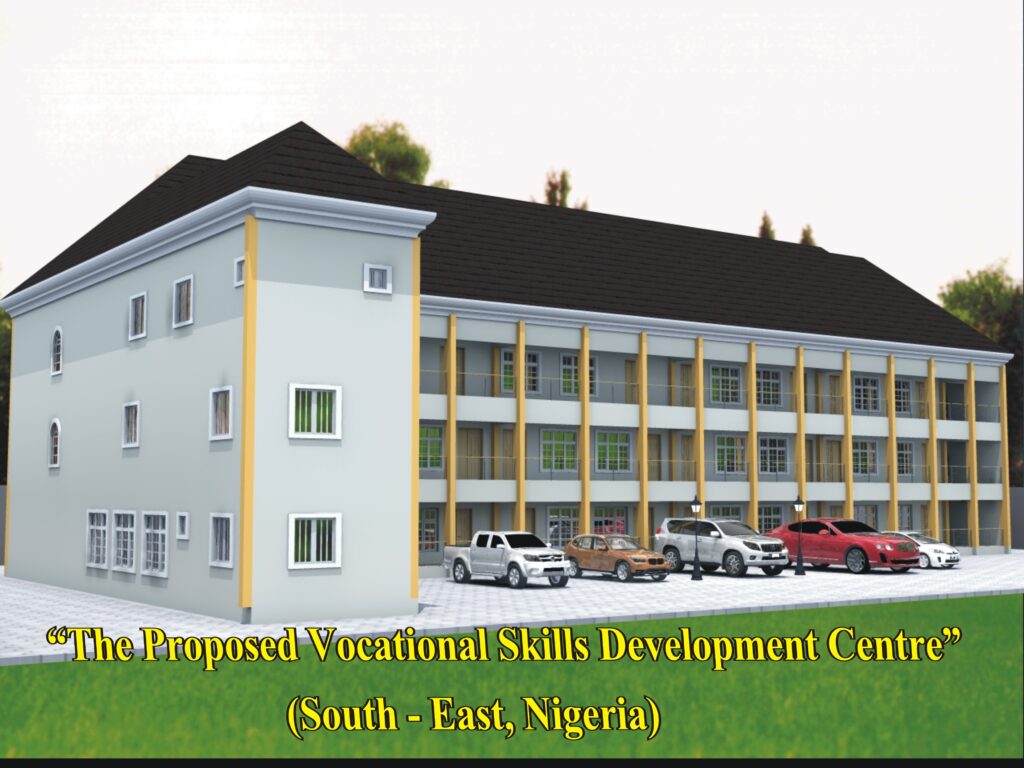
VOCATIONAL SKILLS DEVELOPMENT CENTRE
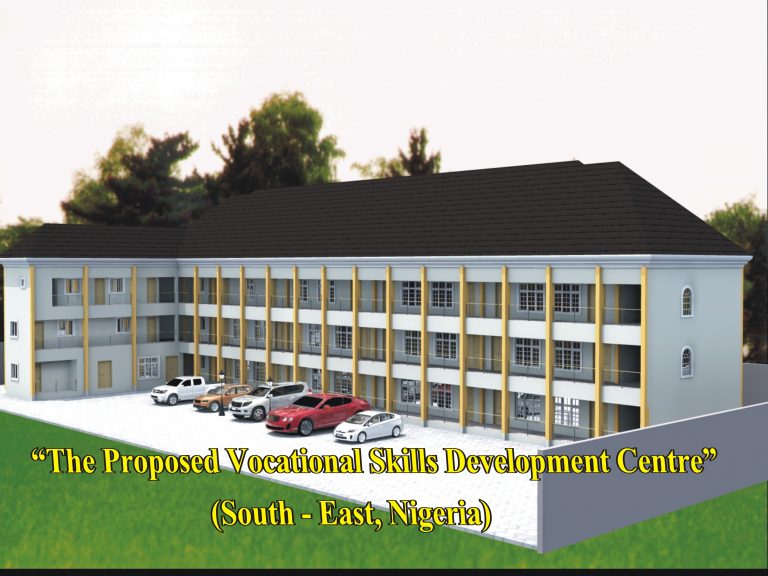
PROPOSED VOCATIONAL SKILLS DEVELOPMENT CENTRE (CENTRE OF EXCELLENCE) Redefining Vocational Education for Economic Freedom and National Growth A National Empowerment Initiative by Prince Technology and Community Development Foundation
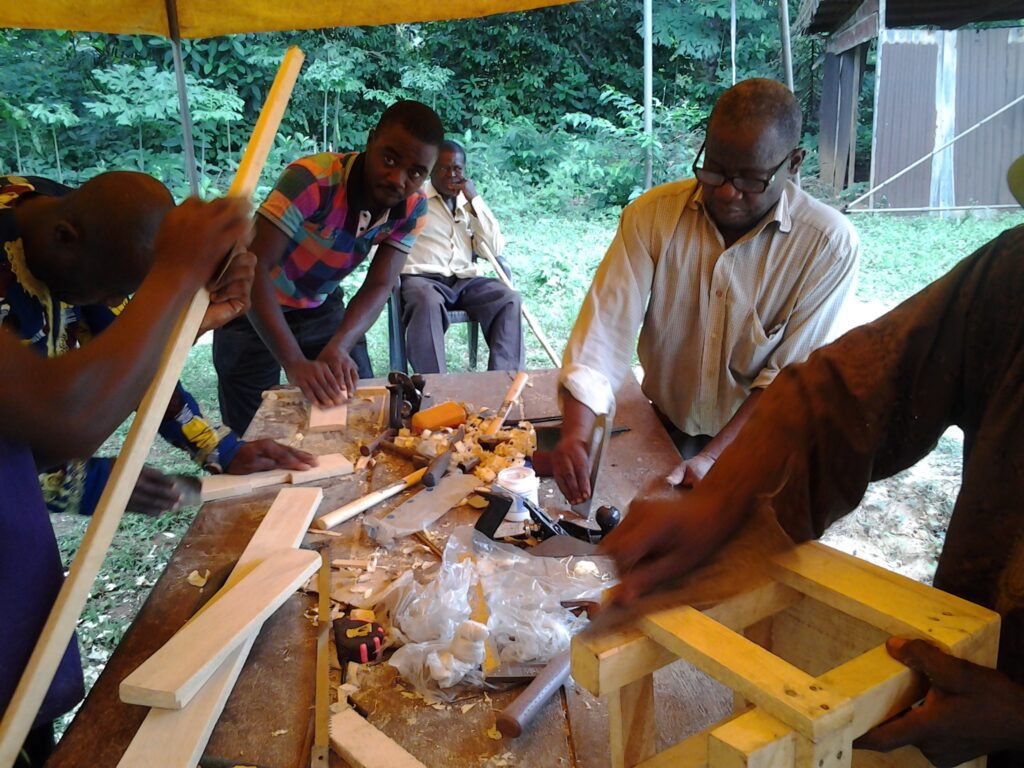
A. Project Background and Rationale
Nigeria continues to face alarming rates of unemployment, illiteracy, and a widening skills gap among youth, women, and artisans. In response to these challenges, Prince Technology and Community Development Foundation has, over the past decade, implemented several skills acquisition programmes across communities using master artisans and local resource persons. These interventions have touched the lives of thousands of Nigerians. For mass and sustainable impact, however, there is a strong case to be made to institutionalize and scale up the initiative as a national programme. Hence, the Vocational Skills Development Centre (Centre of Excellence) is born; a scalable, replicable, and transformational skills training and incubation model to be implemented in all 36 states of Nigeria and the Federal Capital Territory (FCT).

B. Project Vision
To establish a Centre of Excellence in Vocational and Entrepreneurship Skills Development that empowers Nigerians; especially youth, women, artisans, and small business owners with marketable, innovative, and sustainable skills to combat poverty, drive innovation, and foster economic development across Nigeria.
C. Project Objectives
- To provide hands-on training in market-relevant vocational skills to reduce youth unemployment and underemployment.
- To develop entrepreneurial capacity through practical business and leadership training.
- To incubate start-ups and promote local innovation in science, technology, and enterprise.
- To promote inclusion, especially for women and underrepresented youth groups.
To nurture a generation of solution providers that will contribute to national development using the BEST (Business, Entrepreneurship, Science, and Technology) approach.
D. Strategic Justification
- High demand for skills: The informal sector constitutes over 65% of Nigeria’s employment. Yet many lack formal training.
- Entrepreneurship = empowerment: Empowering one youth entrepreneur creates jobs for others.
- Technology-driven future: Nigeria must prepare its youth for innovation, digital transformation, and future job markets.
- National integration: A centre in each state ensures inclusivity and equity.
- Private-public partnerships: The project is designed to attract investments from donors, Corporate Social Responsibility (CSR) units, state governments, and development agencies.
E. Project Scope and Target Beneficiaries
- Coverage: 36 States + FCT
- Pilot Location: Over 3 plots already secured in a strategic location in Anambra State
- Primary Beneficiaries:
- Out-of-school youth
- Artisans and small business owners
- Women and girls
- Persons with disabilities (PWDs)
- Students and young science enthusiasts
- Annual Intake per Centre: 1,000 direct trainees (scalable)
- Indirect Reach: 10,000 beneficiaries through mentorships, SME support, and outreach programs
F. Key Program Components and Departments
The Centre will house the following 10 departments:
- Energy Solutions Department
- Solar installation, inverter systems, renewable systems, smart energy devices
- Practical Entrepreneurship & Small Business Management (PESBM)
- Production of disinfectants, paints, polish, sandals, household items
- Fabrication and Welding Department
- Metal works, construction tools, equipment repair
- Electrical Installation and House Wiring
- Residential and commercial wiring, inverter systems
- Concreting and Finishing Department
- Interlocking, tiling, POP works
- Bakery & Event Decoration
- Cakes, snacks, pastries, decoration and event planning
- Tailoring & Fashion Design
- Garment production, local and export-ready wear, branding
- Computer & Electronic Systems Repair
- GSM, laptops, TVs, embedded systems
- Farm Management (Agro-Innovation)
- Poultry, fish farming, agribusiness value chain
- Furniture & Upholstery
- Carpentry, interior works, finishing, export design standards
G. The BEST Approach The Centre is centered on its core thematic pillars “B.E.S.T”:
- Business: Real-world application of entrepreneurship
- Entrepreneurship: Value creation from local opportunities
- Science: Problem-solving through STEM
- Technology: Leveraging tech to scale solutions
H. Expected Outcomes
- Annual training of 37,000+ youth and women across the federation
- Creation of 20,000+ new jobs in the first 3 years
- Reduction in youth restiveness and rural-urban migration
- Enhanced productivity in local industries
- Boost in non-oil sector contributions to Nigeria’s GDP
I. Current Status / Readiness
- Over three (3) plots of land secured in Anambra for pilot phase
- Partnerships initiated with local artisans, academic institutions, and SMEs
- Foundation registered and operational with a proven track record of community development
J. Primary Sustainable Development Goals (SDGs) that the project would address
1. SDG 1 – No Poverty
The project would empower marginalized groups with income-generating skills to break the cycle of poverty.
2. SDG 4 – Quality Education
It would provide inclusive, practical, and lifelong learning opportunities through vocational and entrepreneurial training.
3. SDG 5 – Gender Equality
It would actively include women and girls, enhancing their access to economic opportunities and essential skills.
4. SDG 8 – Decent Work and Economic Growth
It would reduce unemployment and underemployment by creating jobs and supporting enterprise incubation.
5. SDG 9 – Industry, Innovation, and Infrastructure
It would promote innovation and local industrial growth through artisan training and fabrication capacity-building.
6. SDG 10 – Reduced Inequalities
It would target underserved groups; including youth, women, and persons with disabilities, to ensure equitable access to opportunities.
7. SDG 17 – Partnerships for the Goals
It would leverage partnerships with NGOs, governments, CSR units, and donors to enable national scale-up.
K. Funding & Partnership Needs
To realize this vision, we seek financial assistance, technical support, and strategic partnershipsfrom:
- Nigerians in Diaspora
- Development Agencies (e.g., UNDP, GIZ, USAID)
- International NGOs and Foundations
- Philanthropists and Impact Investors
- Corporate Social Responsibility (CSR) Units of Private Companies
- Federal and State Governments
L. Estimated Requirements (Per Centre):
- Fencing, Land Development and Building: ₦350 million
- Equipment and Tools for 10 Departments: ₦300 million
- Power Supply (Solar Energy and Backup Generators): ₦120 million
- Operational Cost (the first year – one off): ₦50 million
- Total (Per Centre): ₦820 million (~USD$ 565,520 per centre)
M. Conclusion
The proposed Vocational Skills Development Centre is a catalytic, scalable, and replicable model to empower Nigerians with 21st-century skills, create a new wave of entrepreneurs, and foster homegrown innovation across the federation. The Prince Technology and Community Development Foundation invites all stakeholders to support this visionary project and rewrite Africa’s development story using the power of skills, innovation, and entrepreneurship. For further details, project proposal, partnership opportunities, or to support this initiative, please do not hesitate to contact us.

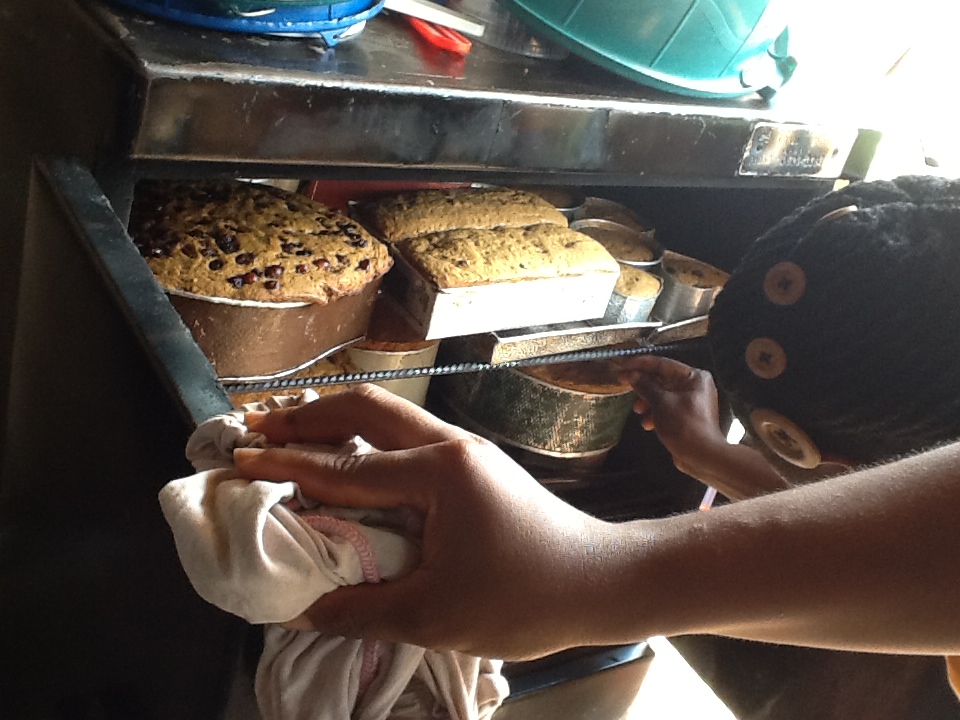
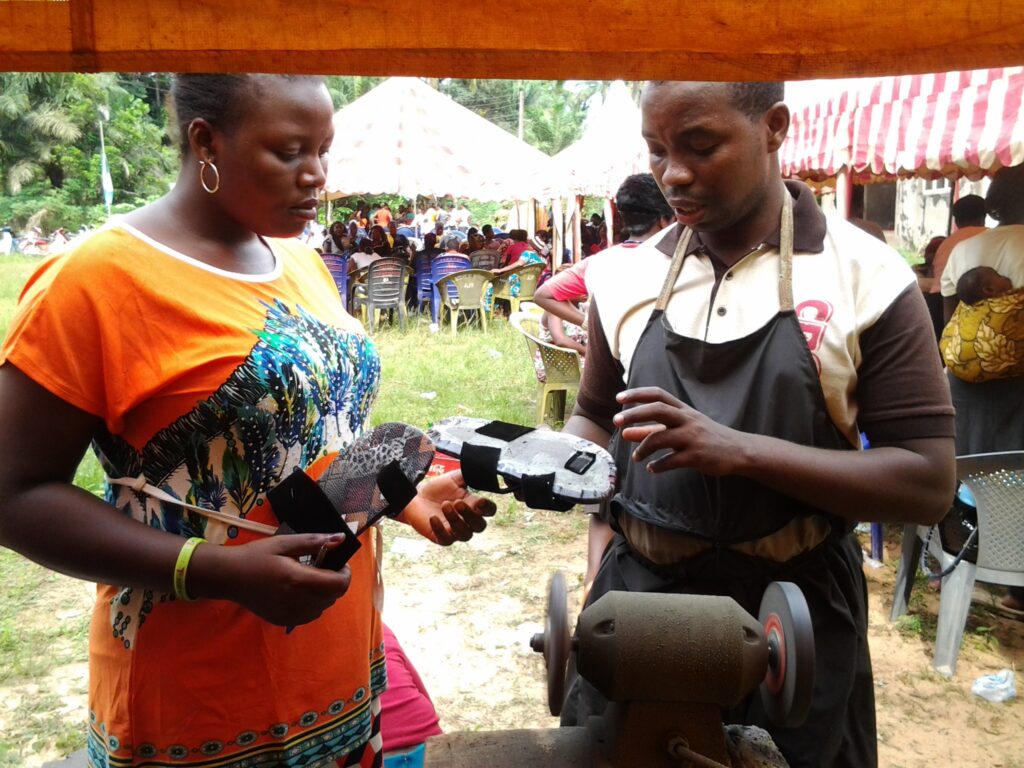
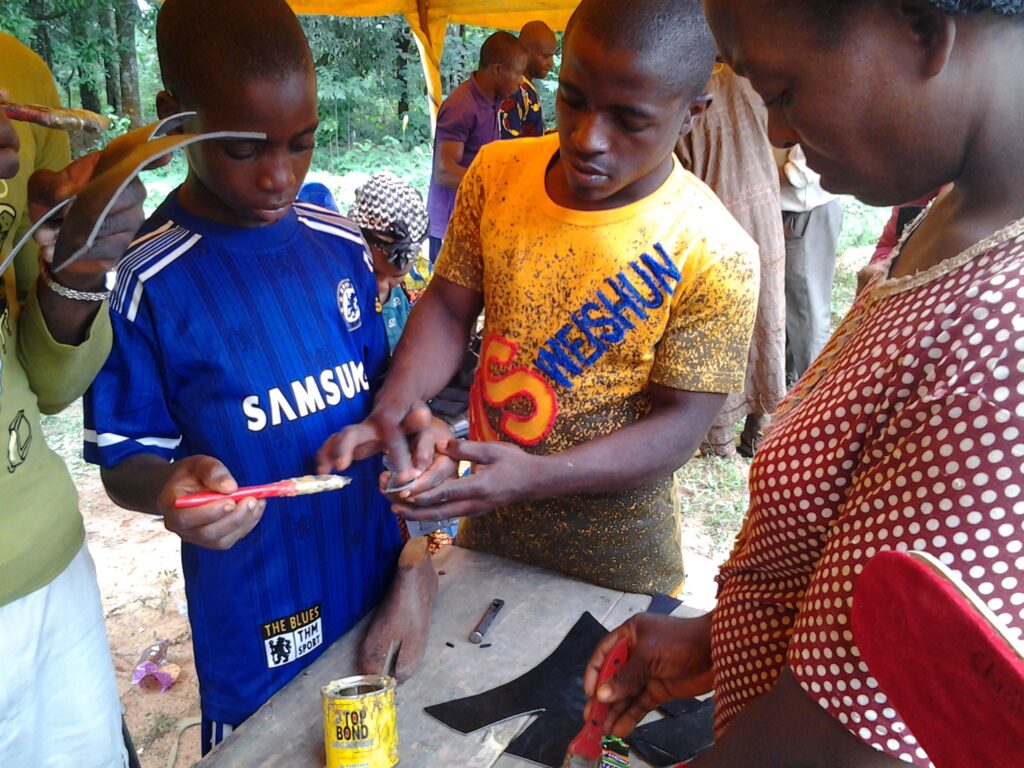


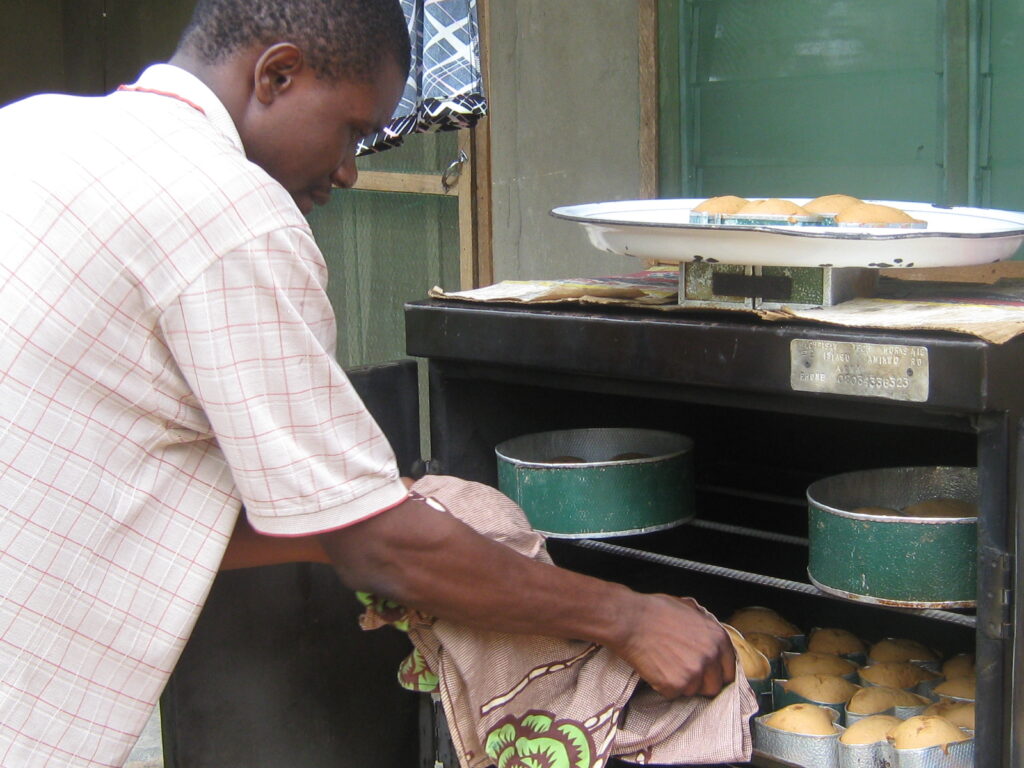
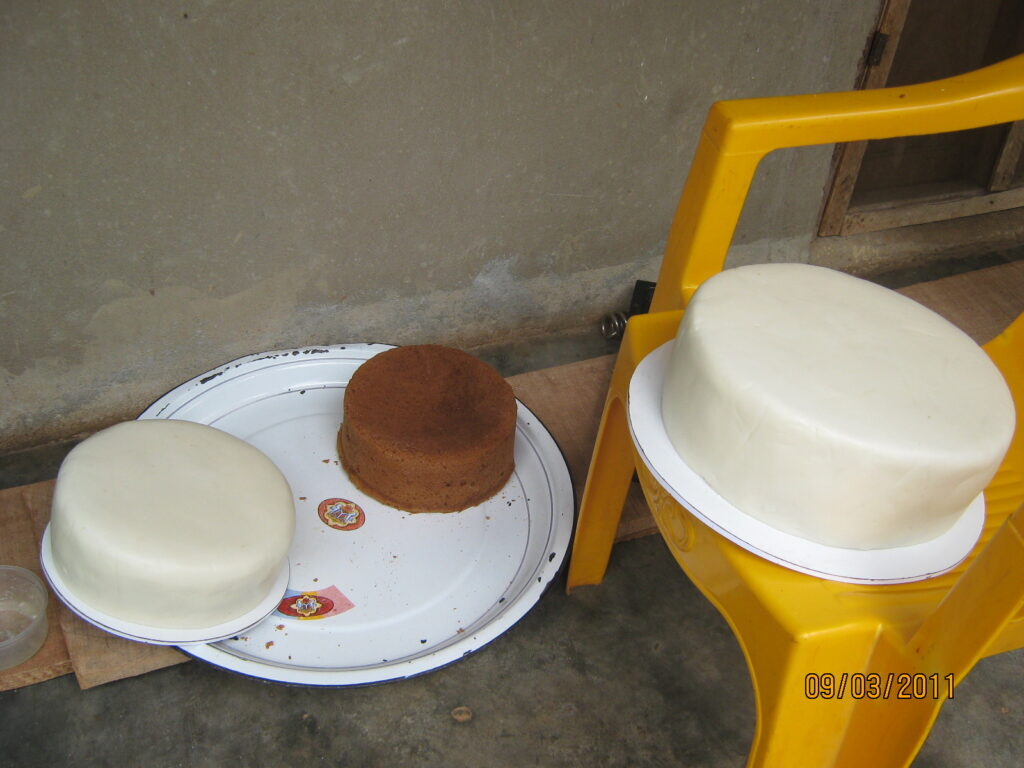
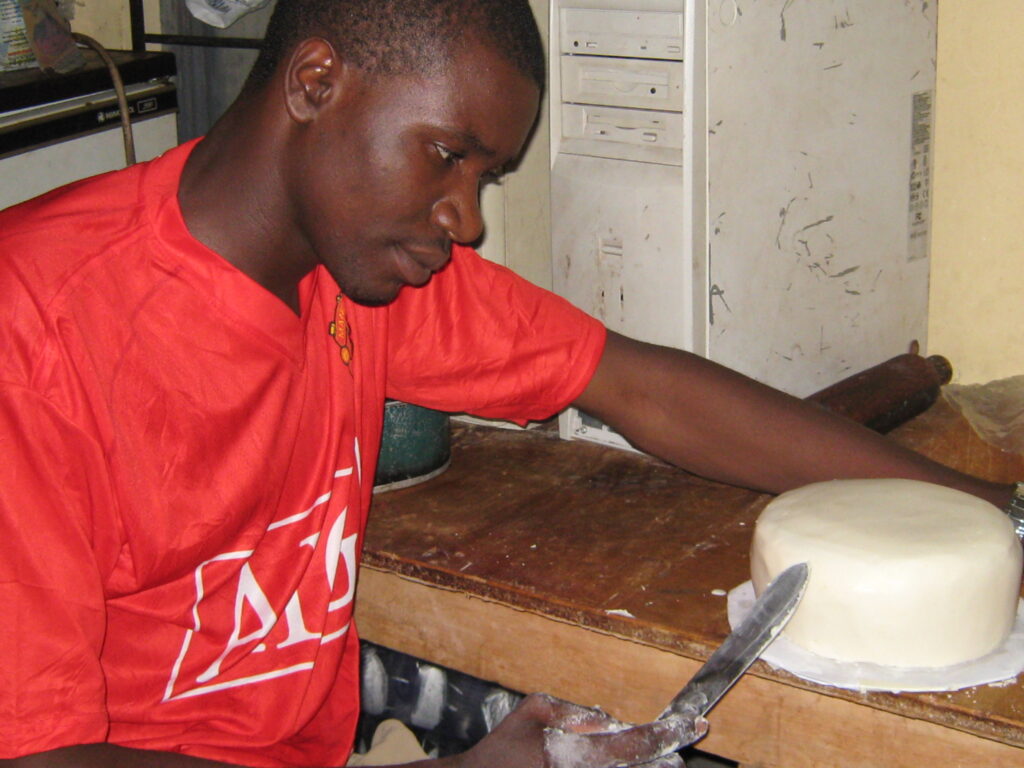
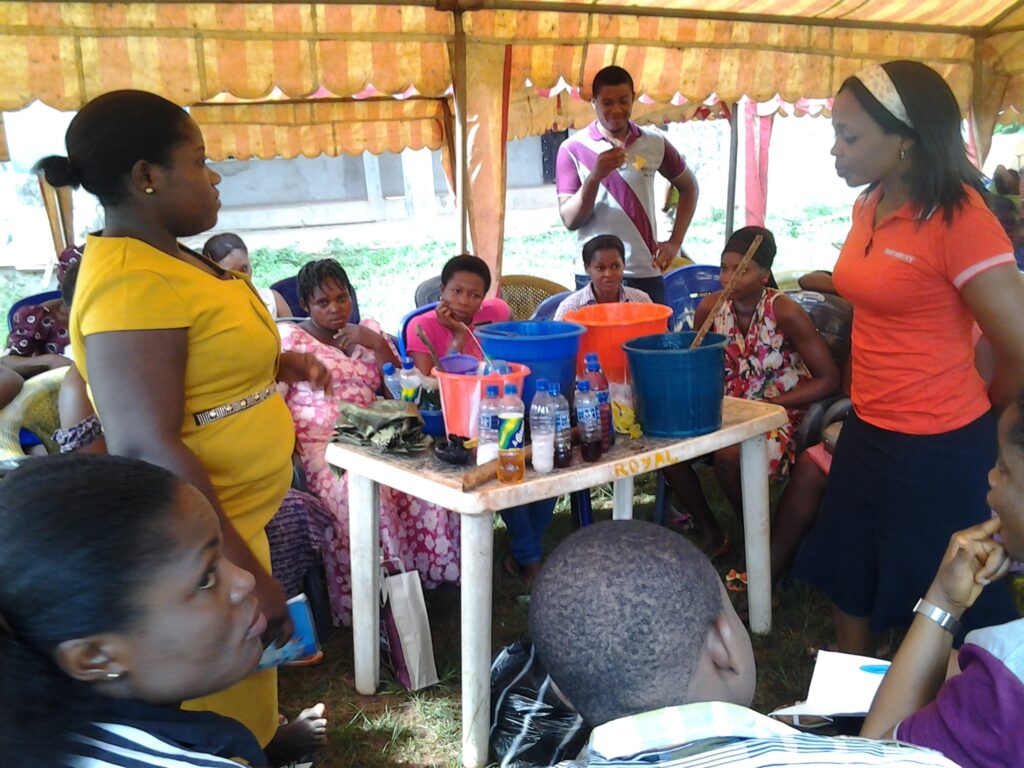
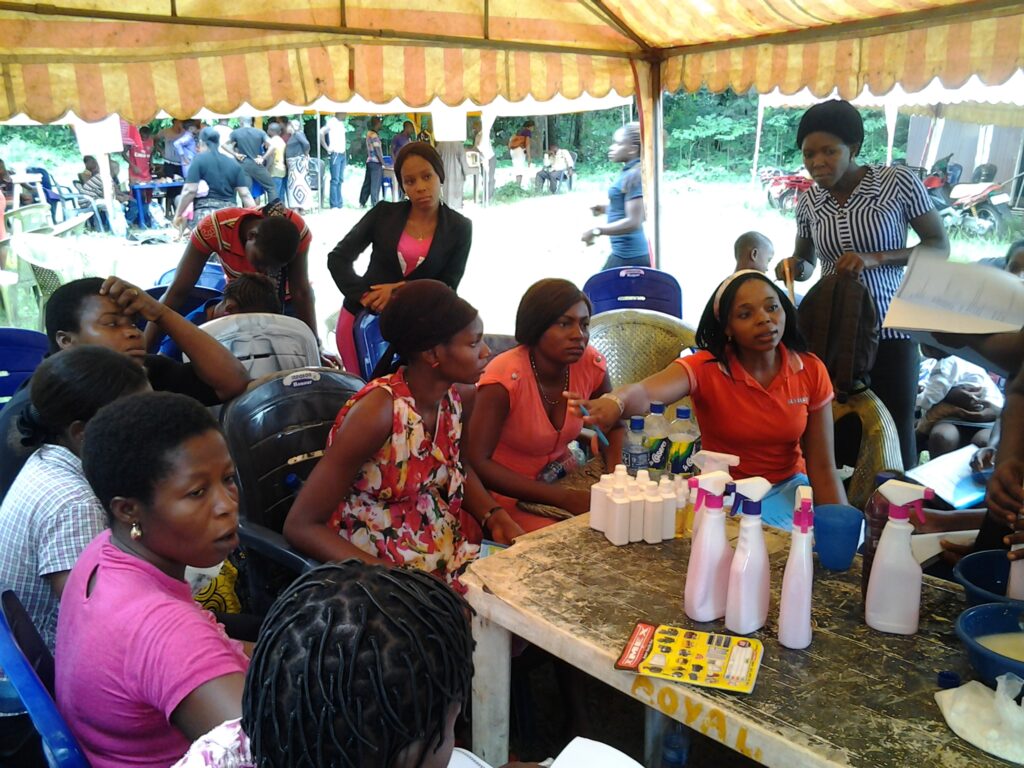
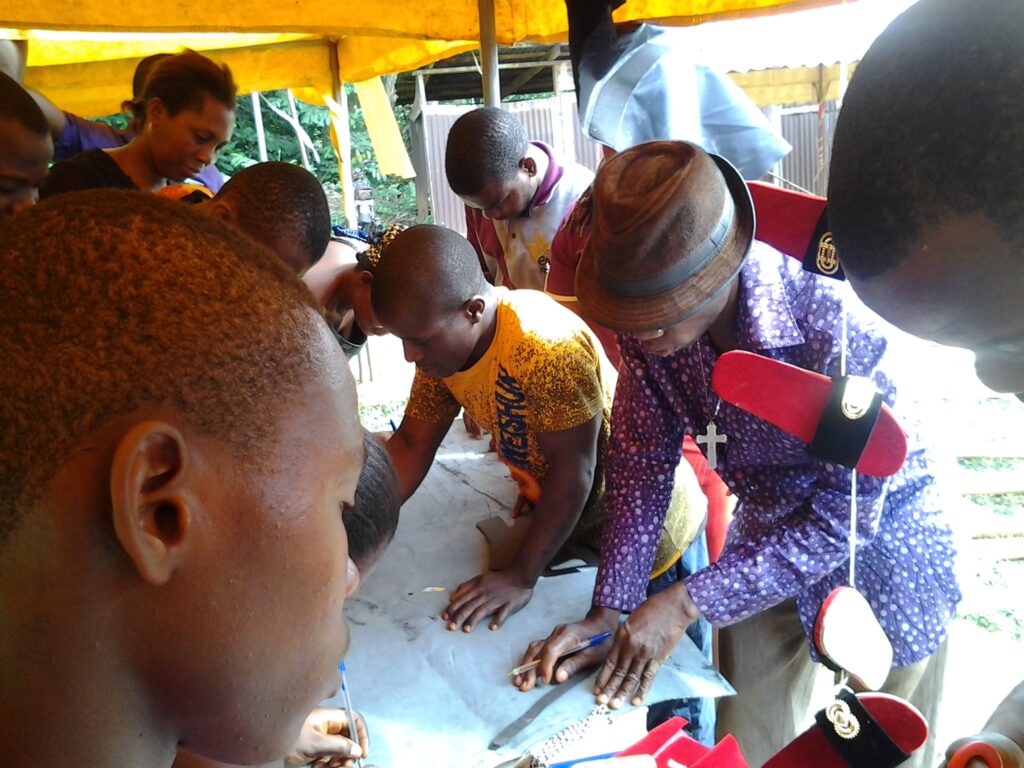
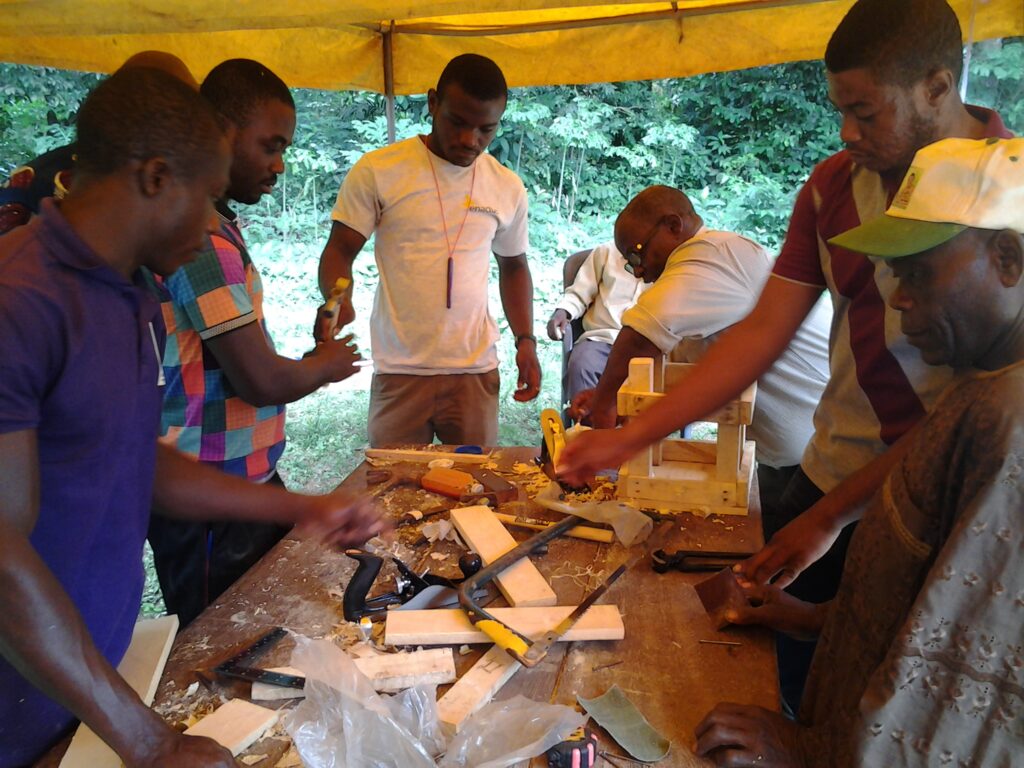
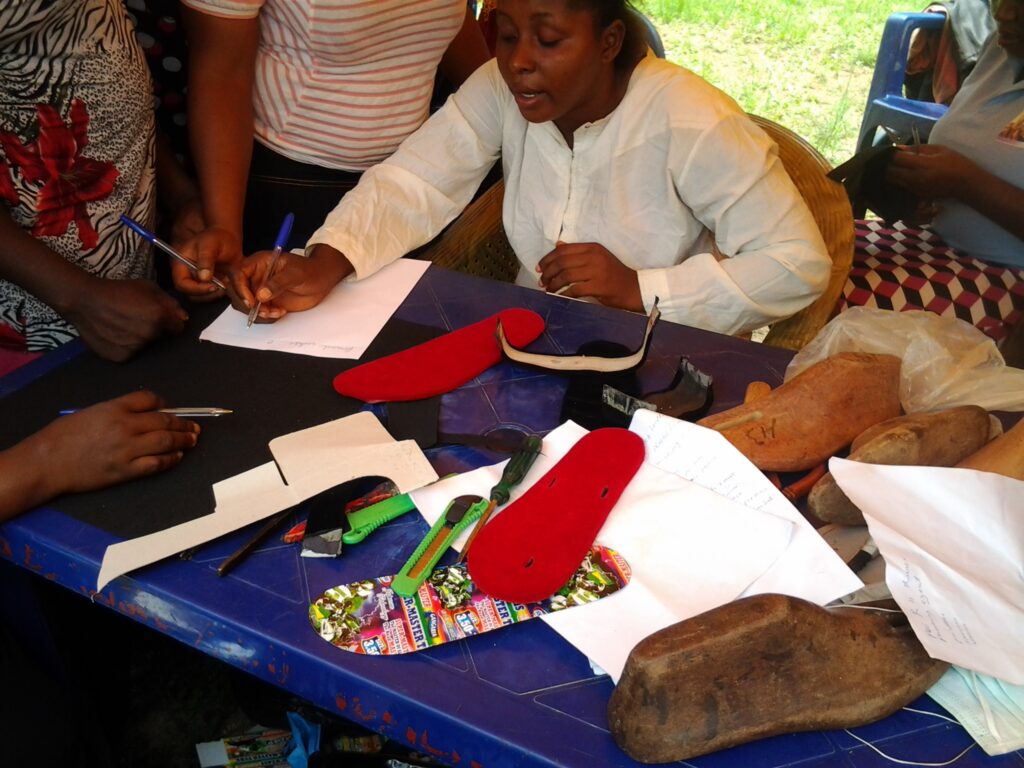
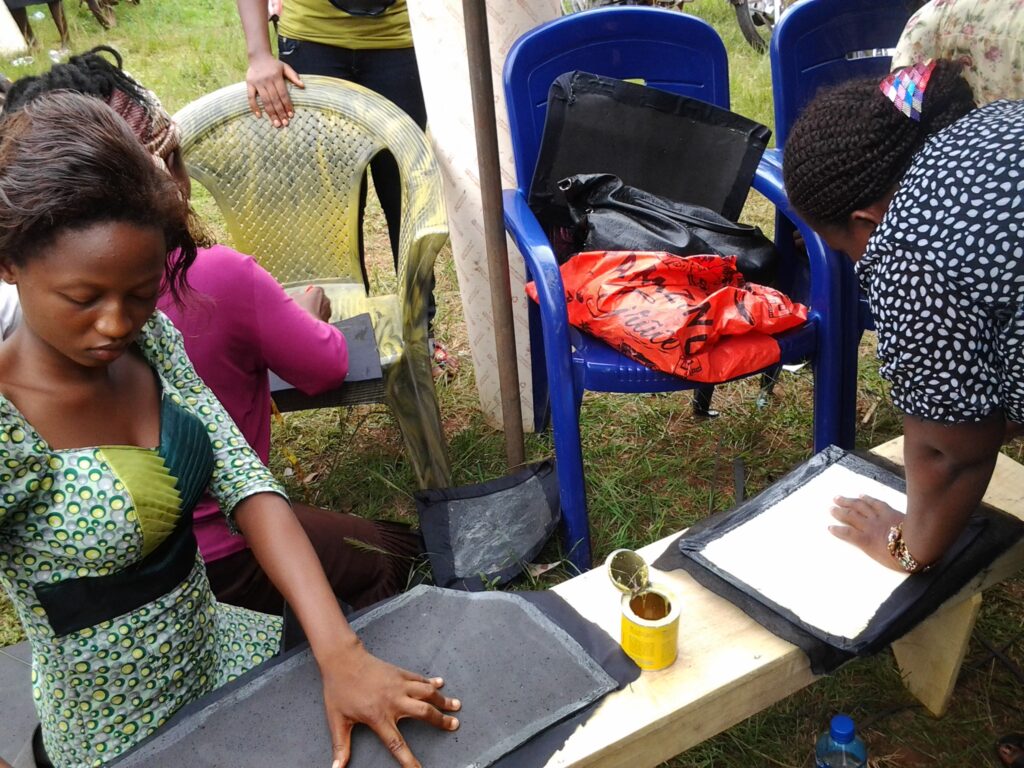
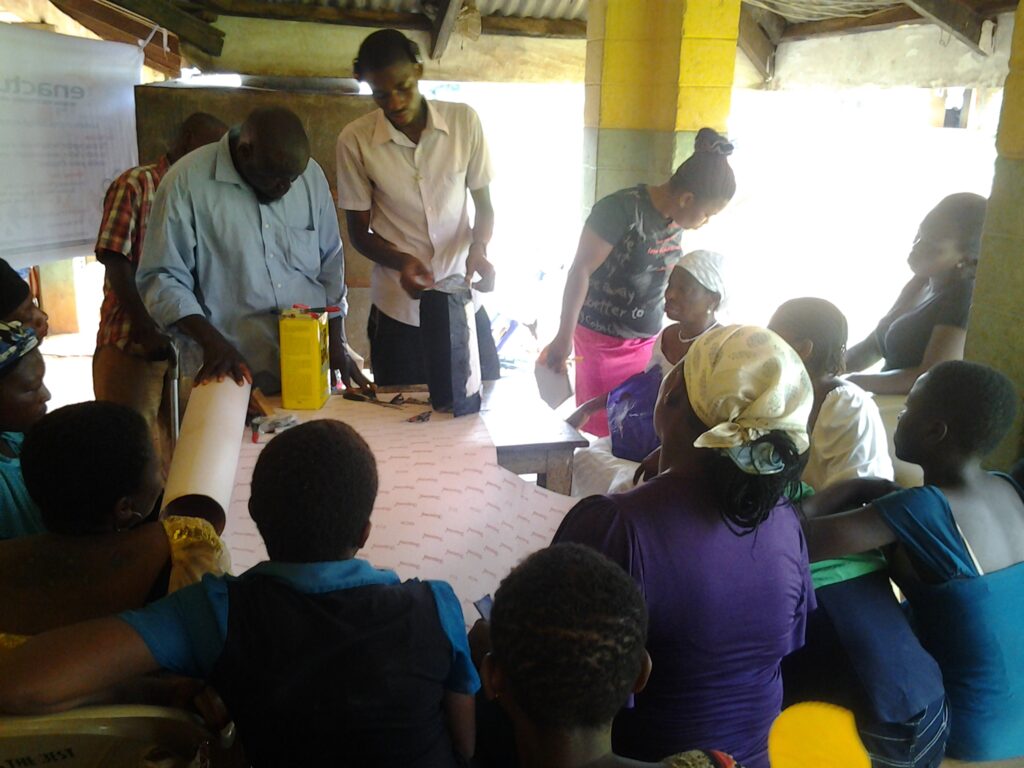
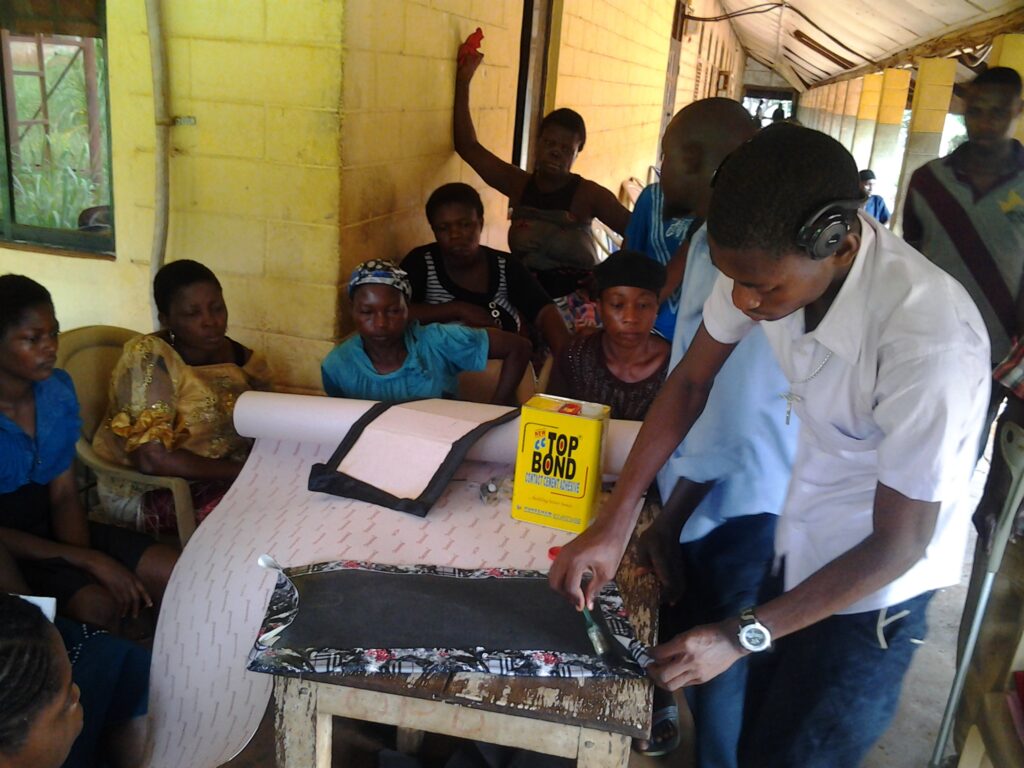
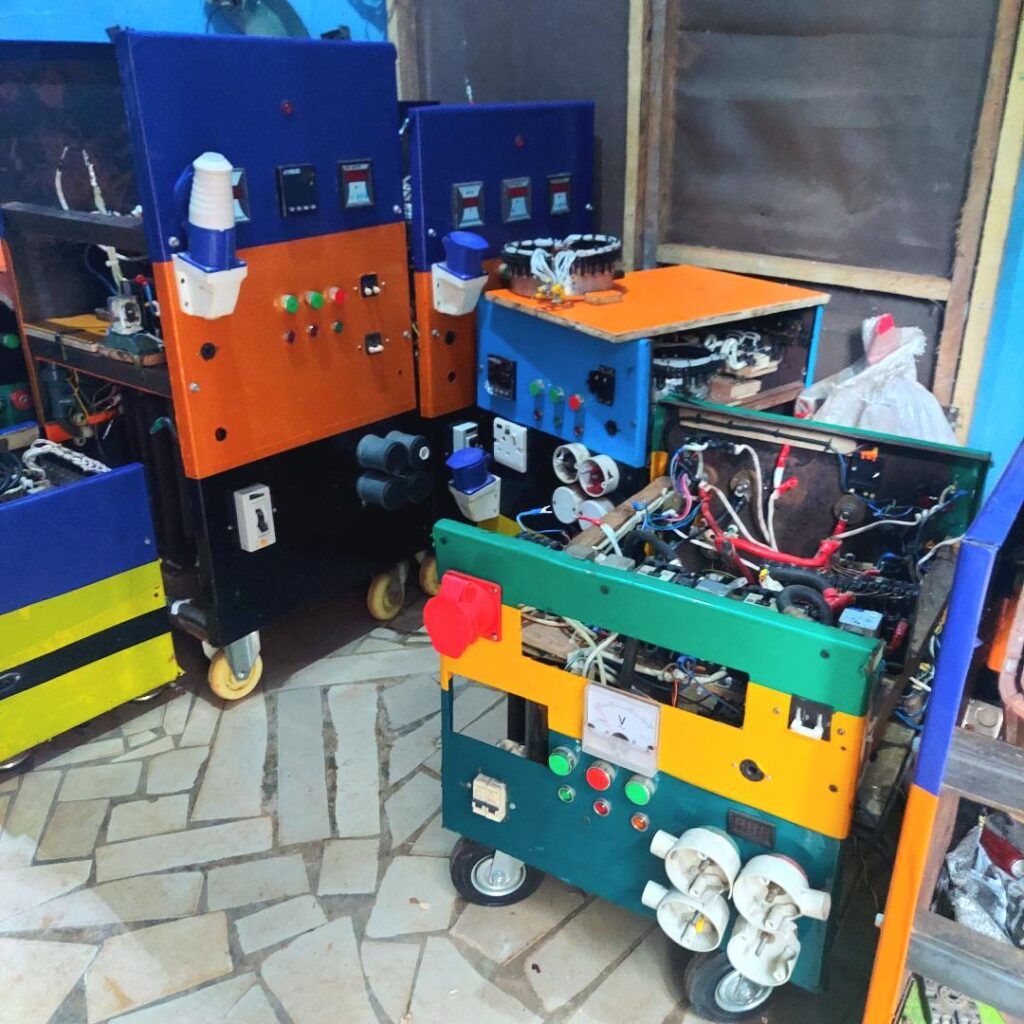
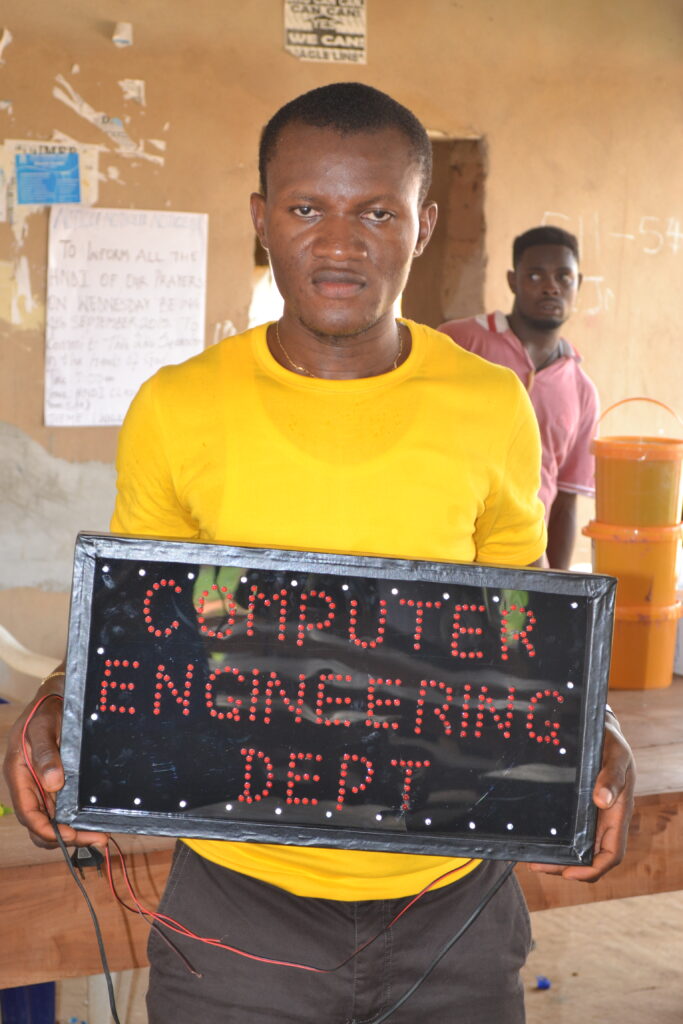
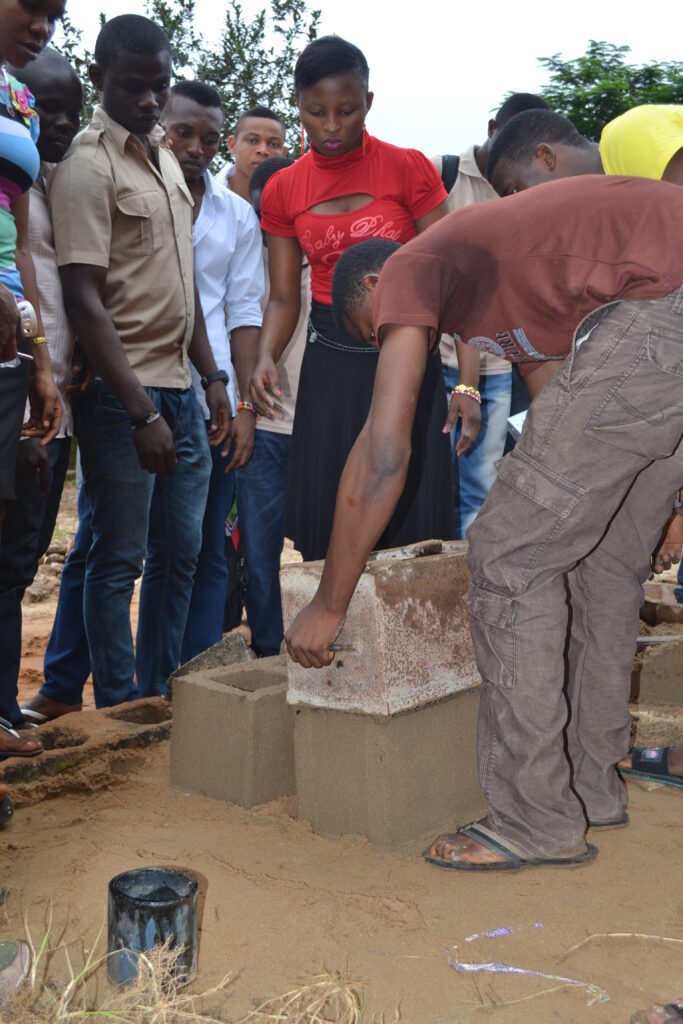
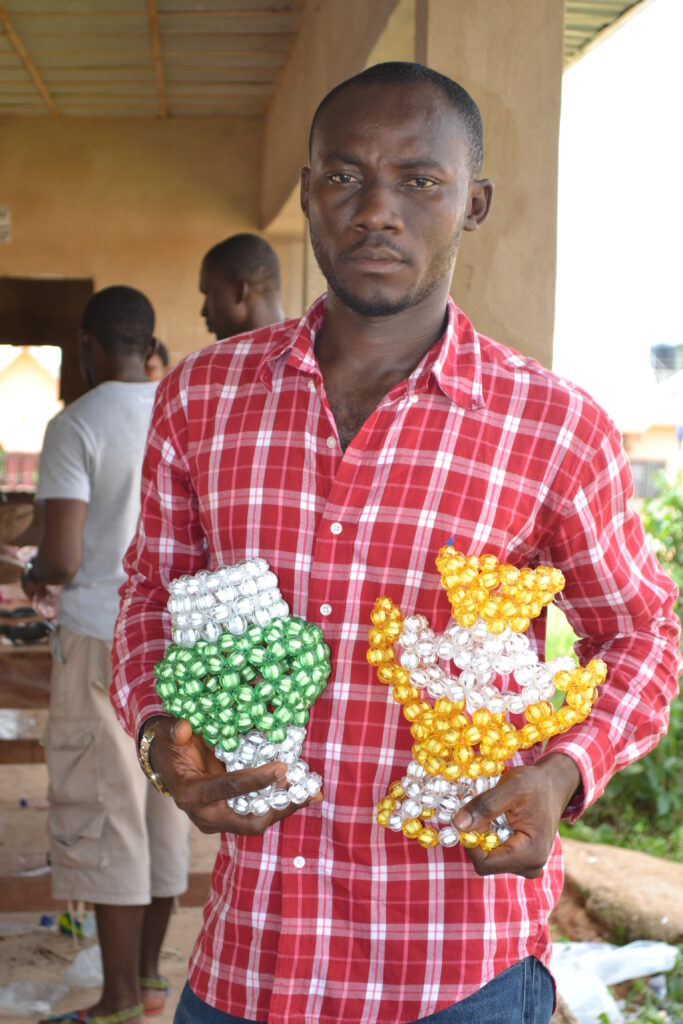
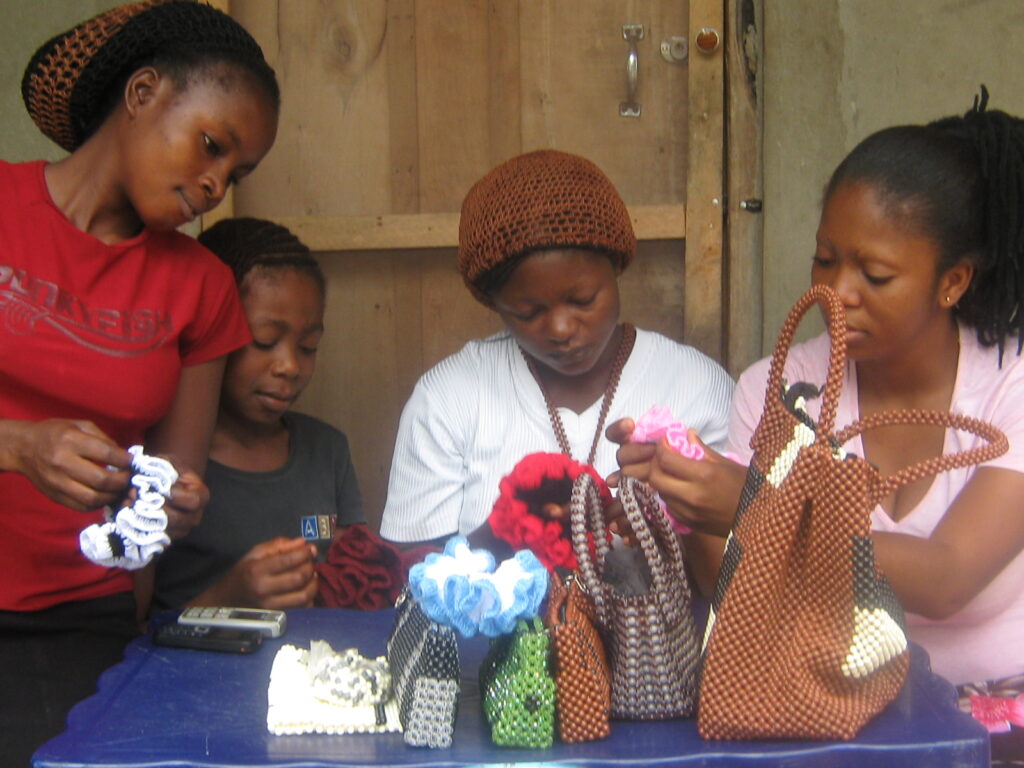

This paragraph is truly a nice one it assists new net people, who are wishing for blogging.
Its like you read my mind! You appear to know a lot about this, like you wrote the book in it or
something. I think that you could do with some pics to drive the message home a bit,
but instead of that, this is excellent blog.
A great read. I’ll definitely be back.
If you want to increase your experience simply keep visiting this website and be updated with the hottest news posted here.
It is appropriate time to make a few plans for the future and it is time to be happy.
I have learn this put up and if I could I desire to
suggest you some fascinating issues or suggestions.
Perhaps you can write subsequent articles referring to this article.
I want to learn more issues approximately it!
Ahaa, its fastidious discussion regarding
this article at this place at this web site, I have read all that, so
now me also commenting here.
You have made some really good points there. I looked on the internet for
more info about the issue and found most people will go along
with your views on this web site.
Have you ever thought about writing an e-book or guest authoring
on other websites? I have a blog centered on the same ideas you discuss and
would really like to have you share some stories/information. I know my subscribers would value your work.
If you are even remotely interested, feel free to shoot me an email.
Nice blog! Is your theme custom made or did you download it from somewhere?
A design like yours with a few simple tweeks would really make my blog jump out.
Please let me know where you got your design. Kudos
Wonderful goods from you, man. I’ve understand your
stuff previous to and you’re just extremely excellent.
I really like what you have acquired here, really like what you’re stating and the
way in which you say it. You make it entertaining and you still take care of to keep it smart.
I can’t wait to read much more from you. This is really a terrific web site.
You ought to take part in a contest for one of the most
useful sites on the internet. I will highly recommend this website!
Its like you read my mind! You appear to know so much about this, like you
wrote the book in it or something. I think that you could do with some pics to drive
the message home a little bit, but instead of that, this is magnificent blog.
A great read. I will definitely be back.
My brother suggested I might like this web site. He was entirely right.
This post actually made my day. You cann’t imagine just how much time I had spent for this
information! Thanks!
Spot on with this write-up, I honestly think this site needs much more attention. I’ll
probably be back again to read more, thanks for the advice!
Hi! Do you know if they make any plugins to assist with Search Engine Optimization? I’m trying to get my blog
to rank for some targeted keywords but I’m not seeing very good results.
If you know of any please share. Kudos!
If some one wants to be updated with most up-to-date technologies after that he must be pay a visit this web site and be up to date daily.
Do you mind if I quote a few of your posts as long as I provide credit and sources back to your blog?
My blog site is in the exact same niche as yours and
my visitors would certainly benefit from a lot of the information you present
here. Please let me know if this ok with you. Regards!
Yeah bookmaking this wasn’t a speculative decision outstanding post! .
If you are going for most excellent contents like
I do, only visit this web site everyday since it gives quality contents, thanks
An impressive share! I have just forwarded this onto a coworker who has been doing a little homework on this.
And he actually ordered me lunch simply because I stumbled upon it for him…
lol. So let me reword this…. Thanks for the meal!!
But yeah, thanx for spending some time to talk about this topic here
on your blog.
Very nice post. I simply stumbled upon your blog and wanted to
mention that I have truly loved browsing your blog posts.
In any case I’ll be subscribing for your rss feed and I hope you write again soon!
Definitely believe that which you stated. Your favorite reason seemed to be on the web the simplest thing to be
aware of. I say to you, I certainly get irked while people consider worries that they plainly
don’t know about. You managed to hit the nail upon the top as well as defined out the whole thing without having side effect , people could take
a signal. Will probably be back to get more. Thanks
I absolutely love your website.. Very nice colors & theme.
Did you build this website yourself? Please reply
back as I’m wanting to create my very own website
and would love to learn where you got this from or what the
theme is called. Kudos!
I include looked at lot of web blogs plus been through many websites,your work is really extraordinary.Hats off for a strength of mind together with reliability.Do continue us well informed at a later date too.
Hello, i read your blog from time to time and i own a similar one and i was just wondering
if you get a lot of spam feedback? If so how do you reduce it,
any plugin or anything you can suggest? I get so much lately it’s driving me crazy so any support is very much
appreciated.
Howdy, i read your blog occasionally and i own a similar
one and i was just curious if you get a lot of spam responses?
If so how do you stop it, any plugin or anything you can advise?
I get so much lately it’s driving me insane so any help is very much appreciated.
You’re so interesting! I don’t believe I’ve read a
single thing like this before. So nice to discover someone
with genuine thoughts on this subject. Seriously.. thanks for starting this up.
This web site is something that’s needed on the web, someone with some originality!
Great website. Keep it up!
I needed to thank you for this good read!! I certainly enjoyed every little bit of it.
I have you saved as a favorite to look at new stuff you
post…
Hey! I know this is kind of off topic but I was wondering if you knew where I could get a captcha plugin for my comment form?
I’m using the same blog platform as yours and I’m having problems finding one?
Thanks a lot!
Thanks for a marvelous posting! I really enjoyed reading
it, you could be a great author. I will always bookmark your blog and will often come back in the foreseeable future.
I want to encourage you to ultimately continue your great writing, have a nice
weekend!
Howdy just wanted to give you a quick heads up.
The layout look great.
This is really interesting, You are a very professional blogger.
I’ve joined your rss feed and look ahead to seeking extra of
your excellent post. Additionally, I have shared your web site in my
social networks
Thanks for finally writing about >BEST Centre of Excellence in:
Business and Leadership. Entrepreneurship. Science.
Technology | Prince Tech. Foundation <Liked it!
Hey there! I know this is kinda off topic but I was wondering which
blog platform are you using for this site? I’m getting tired of WordPress because I’ve had problems with hackers
and I’m looking at alternatives for another platform.
I would be great if you could point me in the direction of a good platform.
It’s very easy to find out any topic on net as compared to books, as I found this paragraph at this
website.
I love what you guys are up too. Such clever work and reporting!
Keep up the good works guys I’ve you guys to our blogroll.
Only on our website you will see that unique,
customized coded hack instruments forapk files!
What a great concept. youths like you are busy wasting their time, but you have decided to be a solution provider rather than part of the problem to be solved!
Great idea – Nice concept!
Please let me know if you’re looking for a article
author for your weblog. You have some really good posts and
I think I would be a good asset. If you ever want to take some of
the load off, I’d absolutely love to write some
material for your blog in exchange for a link back to mine.
Please send me an email if interested. Thanks!
You really need funding for this great project!
Hello there! This blog post couldn’t be written much better!
Reading through this post reminds me of my previous roommate!
He constantly kept preaching about this. I will forward
this article to him. Fairly certain he’ll have a
great read. Many thanks for sharing!
Great website, you are really making impact at world level!
Nice Idea, and great website! the leader the world is waiting for has arrived – Prince: one of the global best.
Thanks for the information! Nice job.
This is awesome! God is your strength, keep it up!
Ahaa, its fastidious dialogue about this piece of writing
here at this blog, I have read all that, so at this time me also commenting here.
I do not even understand how I stopped up here, however I assumed this submit was great.
I do not know who you might be however certainly you’re going to a
well-known blogger in case you are not already.
Cheers!
Good concept. I love your idea.
Center of excellence, great.
You are one of the young world best!
I like your courage, i like your writing skills. keep posting.
This is great, you need to be encouraged!
Indeed i am impressed. Thanks
This is great, looking forward for more information.
Great idea, i love your concept.
I am in love of this website!
This a project that will have impact in the African continent. Nice one.
Hello, i think that i saw you visited my website so i came to
“return the favor”.I am trying to find things to enhance
my web site!I suppose its ok to use a few of your ideas!!
Very shortly this site will be famous amid all blog visitors, due
to it’s good articles
Thanks, indeed i am impressed!
What’s up every one, here every person is sharing such know-how, so it’s nice to read
this web site, and I used to pay a quick visit this webpage all the time.
Nice one, you are really doing a wonderful job here!
I just like this site a lot, saved to bookmarks.
Thanks , I’ve just been looking for info approximately this subject for a long time and
yours is the greatest I have discovered so far.
However, what in regards to the bottom line? Are you certain concerning the source?
I wish you well in your endeavors.
Nice concept.
This is the kind of thing the world need.
I love what you are doing here admin.
Great job
I love this website
Great talent. I will visit soon.
Thanks for the useful information
What the world is looking for is here. I will your site to friends.
Things is happening here! Thank God i discovered this site.
There are lots of reasons why you need to visit this site everyday.
Thanks for the good job you are doing here.
Informative. keep it up!
You have motivated me with your great ideas.
This is what our generation has been missing. A young man that want to make impact.
Keep it up.
I am having fun here, this is a must visit website for any young leader like Prince.
Great work.
I am impressed with what you guys are doing here.
Hi there! I’m at work surfing around your blog from
my new apple iphone! Just wanted to say
I love reading through your blog and look forward to all your posts!
Carry on the fantastic work!
Good stuff. Keep posting
Thanks for finally talking about BEST Centre of
Excellence in: Business and Leadership. Entrepreneurship.
Science. Technology | Prince Tech. Foundation, I Love it! – Thanks Admin.
Thanks, indeed i am impressed of what you are doing here!
I like your courage and boldness. I wish you the best of luck!
Great job!
You are the best
This is wonderful.
Only on our web site you’ll find unique, custom coded hack tools forapk
files!
His is good. Keep it up!
I like what you are doing. great job!
This is the best website i have ever come across. I am really enjoying every bit of it
Wonderful dream. keep it up
Nice work Prince!
Prince! i love your Idea.
I just could not depart your web site before suggesting that I extremely enjoyed the standard info a person provide for your visitors? Is going to be back often to check up on new posts